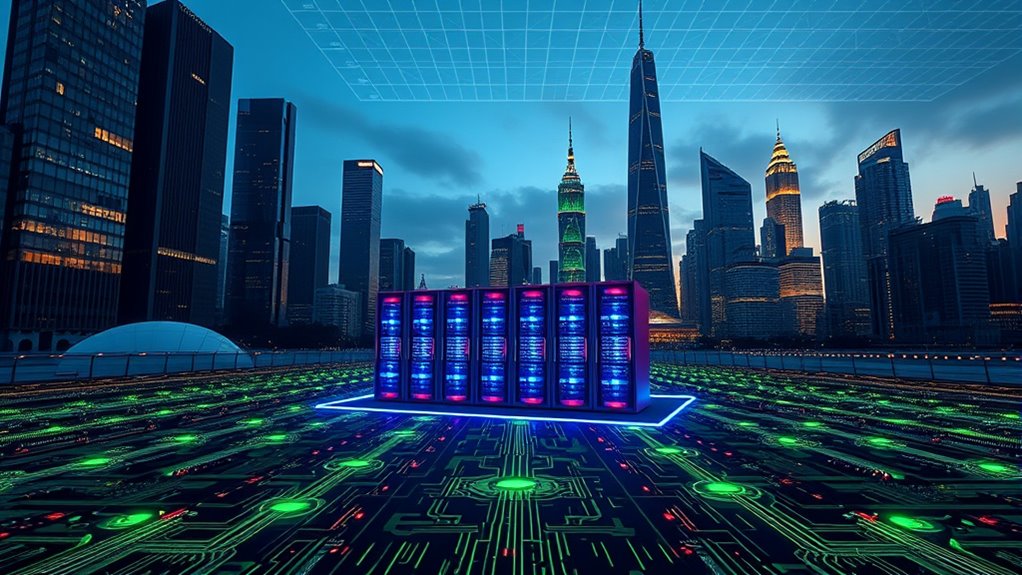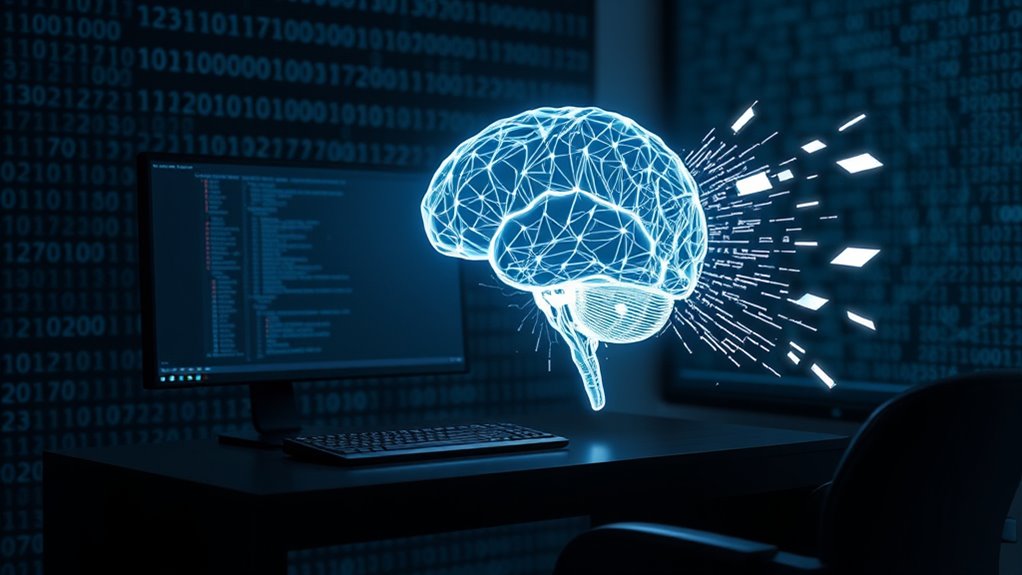Diving into the future of technology, Mark Zuckerberg recently shared his vision for artificial intelligence, or AI, in everyday life. He believes AI will become a big part of how people connect and interact. Instead of just one main AI system, he thinks there’ll be many different AIs. Each one will help with specific needs or interests. He also supports open-source AI tools, which anyone can use, rather than closed systems owned by a few companies.
Zuckerberg doesn’t like the idea of a single, god-like AI. He wants a diverse AI world that encourages new ideas. He also envisions a future where users rely on multiple AIs, much like they use various apps today for different purposes (multiple AI reliance). Additionally, he foresees AI enhancing daily routines through innovations like smart devices that adapt to user behaviors, optimizing comfort and efficiency (smart device adaptation).
He also sees AI becoming a close companion for many. In the future, people might chat with AI bots more than human friends. These bots won’t replace real friendships but can fill gaps when someone needs to talk. For example, AI could help practice tough conversations with family or coworkers. Platforms like Meta’s AI features and apps like Replika are already showing this trend. It’s about adding support, not taking away human bonds. Zuckerberg also highlights a growing loneliness epidemic, suggesting AI could provide meaningful connections for those struggling to find them (loneliness epidemic solution).
Zuckerberg’s vision includes AI in everyday tech too. Think smart glasses without screens or cool holographic displays powered by AI. Meta is even testing AI avatars on Instagram that chat with followers. These avatars are clearly marked as non-human to avoid mix-ups. This shows AI blending into daily digital life in ways we might not even notice.
AI will also help with tricky talks. It can coach people through personal or work issues, like chatting with a boss or partner. It’s already being used to solve real-time relationship challenges. Plus, it supports mental well-being by offering a listening ear.
On the tech side, Zuckerberg predicts AI will write most of Meta’s code in just 12 to 18 months. This means faster software creation with less human effort. But there’re concerns too. Some worry AI companions might mess up real relationships. Ethical questions about treating AI with feelings are popping up.
Zuckerberg pushes for transparency, like labeling AI clearly, to keep things straight. His outlook paints a future where AI is everywhere, shaping how society connects and grows.







